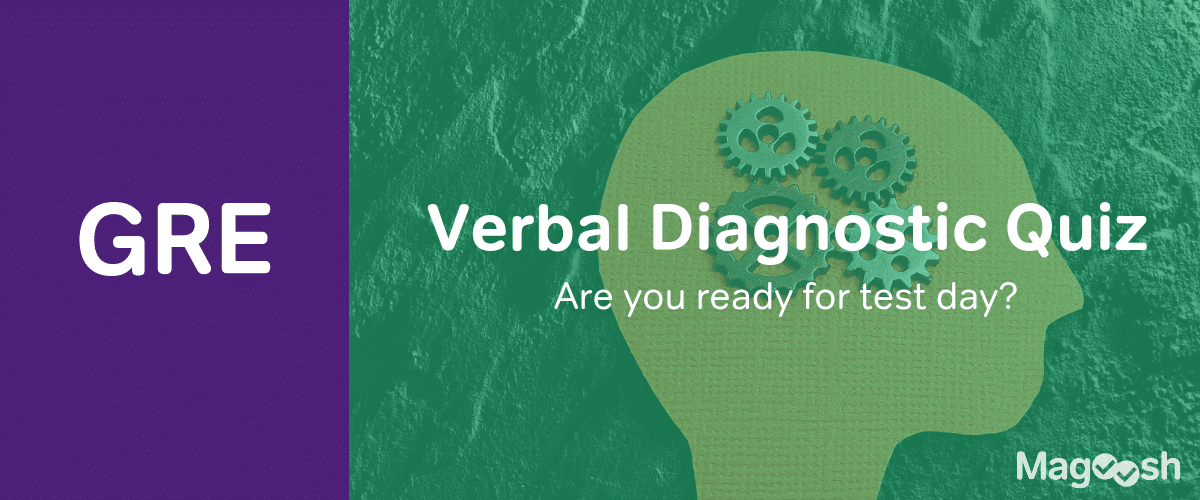The following is a skeletal outline of a complex passage drawn from a real LSAT test (http://www.lsac.org/jd/pdfs/SamplePTJune.pdf). I recommend LSAT RC passages because they’re very similar to GRE RC, and will be completely fresh to you, since you’ve probably seen many GRE passages (especially from the OG) before.
The idea here is that you pay attention to the way in which the passage develops via the paragraphs. The takeaway should not be, “Oh, I have to make these really long outlines as part of my GRE passage.” You don’t want to waste those precious 30 minutes doing any such thing.
When you are practicing RC at the outset of your studies, you may want to make a shorthand version of the below. What you should be doing is making mini-verbal summaries (in your head, of course) for each paragraph as you read. For instance, when you are done with the first paragraph, you should say, “This paragraph is about how documents aren’t the best way to learn about the evolution of the landscape in Ireland.”
So with that preamble out of the way, let’s dive into the passage. I am providing a link to the test. You’ll want to make sure to scroll down to the very last reading passage from the very last section, on page 28.
Topic: The use of plant pollen to chronicle the evolution of the Irish landscape (how’s that for esoteric!)
(I should probably mention, before launching into the outline, that you should not actually write out an outline like the one above. Instead, you should get into the habit of simplifying the passage in your head as you read each paragraph. The phrases below should be similar to what you think as you read through the passage. The key is not just to read each word, one after the other, but simplify what you read so that after each paragraph, you come up with your own mini-summary in your head).
Passage outline:
Paragraph 1
-Introduce topic
-Show how historic documents fall short (fragmentary and selective)
Paragraph 2
-Describe new method (using pollen grains)
-Doesn’t replace but adds to historical documents
Paragraph 3
-Specific example
-Pollen analysis reveals something surprising (cultivation before plough)
Paragraph 4
-Another specific example
-Pollen analysis shows that flax plant wasn’t cultivated as early as thought
Paragraph 5
-Pollen analysis as limitations
-Mad capper is example
Analysis:
This passage had only one position, i.e., pollen analysis is helpful in revealing aspects of the Irish landscape. There was one paragraph, however, that dealt with limitations of pollen analysis. In essence, this contrast, while not quite as involved as two or three competing theories on an issue, lends the passage some subtly. It is these types of qualifications—where the author shows that his theory, or at least the one he is advocating for, isn’t without its own shortcomings—that are the beating heart of the long GRE/LSAT passages.
Adding more variety to the Irish landscape passage, as it were, is the fact that the two specific examples are not overly straightforward either, but require you to sift through many details. The good news is that on the GRE you only get one passage of this length.
Now try the same with the very first passage in section 4, the passage about Rita Dove (page 22). Below is my outline.
Paragraph 1
– Synopsis of rift between poetry and fiction, a split that both poets and novelists implicitly support
Paragraph 2
– Author’s reason for the existence of rift: the public is wary of somebody who tries to do both (that person is a dilettante)
Paragraph 3
– Trend amongst writers against treating the poet and novelist as distinct
– Rita Dove is used as example
Paragraph 4:
– Provides Dove’s rationale: poetry and narrative fiction are very closely related. Why separate them?
– Gives example of how Rita sprinkles elements of poetry in her novels, and how the lyrical flow of her poetry allows for a plot. Therefore, Dove bridges the rift between poetry and fiction.
At this point, try out your own analysis of the Rita Dove passage! And then, practice this outlining + analysis method on your own with some passages and let us know how it goes! 🙂






Leave a Reply